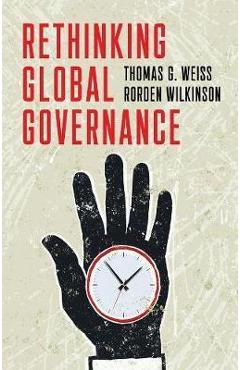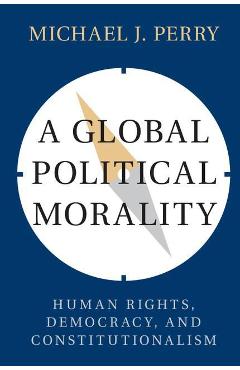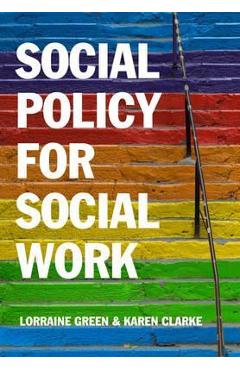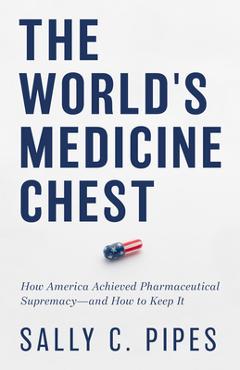Governing Global Health
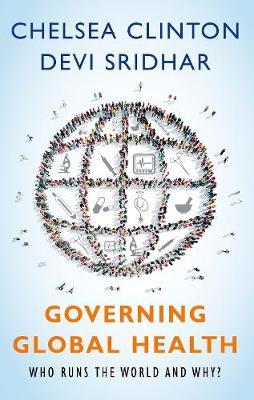
Governing Global Health
though, has been the rise of public-private partnerships (PPPs) where private non-governmental organizations, for-profit enterprises, and various other social entrepreneurs work hand-in-hand with governments to combat specific maladies. A primary driver for this development is the widespread belief
that by joining together, PPPs will attack health problems and fund shared efforts more effectively than other systems.
As Chelsea Clinton and Devi Sridhar show in Governing Global Health, these partnerships are not only important for combating infectious diseases; they also provide models for developing solutions to a host of other serious global health challenges and questions beyond health. But what do we actually know about the accountability and effectiveness of PPPs in relation to the traditional multilaterals? According to Clinton and Sridhar, we have known very little because scholars have not
accumulated enough data or developed effective ways to assess them-until now. In their analysis, they uncovered both strength and weaknesses of the model. Using principal-agent theory in which governments are the principals directing international agents of various type, they take a closer look at two major
PPPs-the Global Fund to Fight HIV/AIDS, TB and Malaria and the GAVI Alliance-and two major more traditional international organizations-the World Health Organization and the World Bank.
An even-handed and thorough empirical analysis of one of the most pressing topics in world affairs, Governing Global Health will reshape our understanding of how organizations can more effectively prevent the spread of communicable diseases like AIDS and reduce pervasive chronic health problems like malnutrition.
PRP: 132.53 Lei
Acesta este Pretul Recomandat de Producator. Pretul de vanzare al produsului este afisat mai jos.
112.65Lei
112.65Lei
132.53 LeiLivrare in 2-4 saptamani
Descrierea produsului
though, has been the rise of public-private partnerships (PPPs) where private non-governmental organizations, for-profit enterprises, and various other social entrepreneurs work hand-in-hand with governments to combat specific maladies. A primary driver for this development is the widespread belief
that by joining together, PPPs will attack health problems and fund shared efforts more effectively than other systems.
As Chelsea Clinton and Devi Sridhar show in Governing Global Health, these partnerships are not only important for combating infectious diseases; they also provide models for developing solutions to a host of other serious global health challenges and questions beyond health. But what do we actually know about the accountability and effectiveness of PPPs in relation to the traditional multilaterals? According to Clinton and Sridhar, we have known very little because scholars have not
accumulated enough data or developed effective ways to assess them-until now. In their analysis, they uncovered both strength and weaknesses of the model. Using principal-agent theory in which governments are the principals directing international agents of various type, they take a closer look at two major
PPPs-the Global Fund to Fight HIV/AIDS, TB and Malaria and the GAVI Alliance-and two major more traditional international organizations-the World Health Organization and the World Bank.
An even-handed and thorough empirical analysis of one of the most pressing topics in world affairs, Governing Global Health will reshape our understanding of how organizations can more effectively prevent the spread of communicable diseases like AIDS and reduce pervasive chronic health problems like malnutrition.
Detaliile produsului












